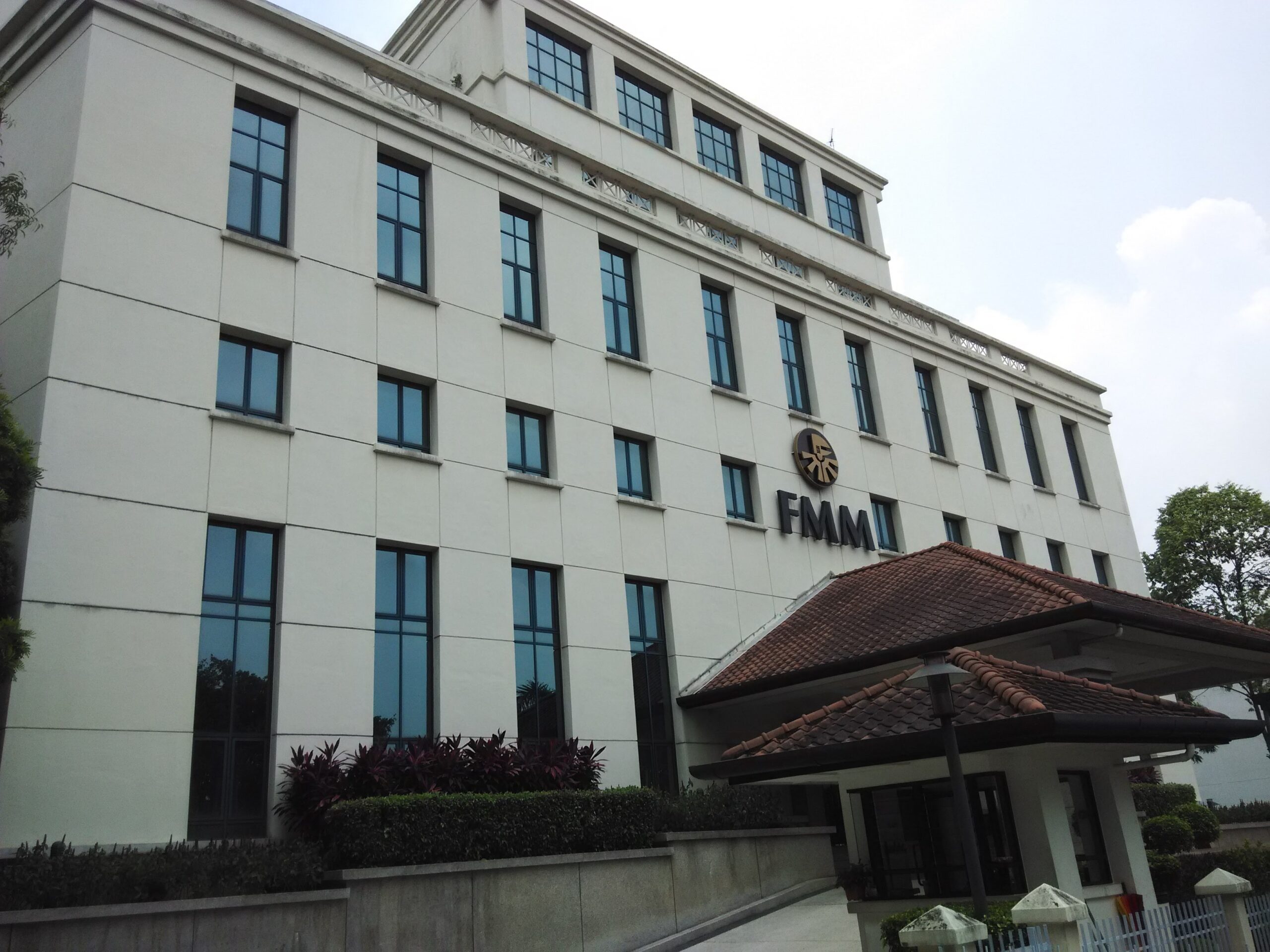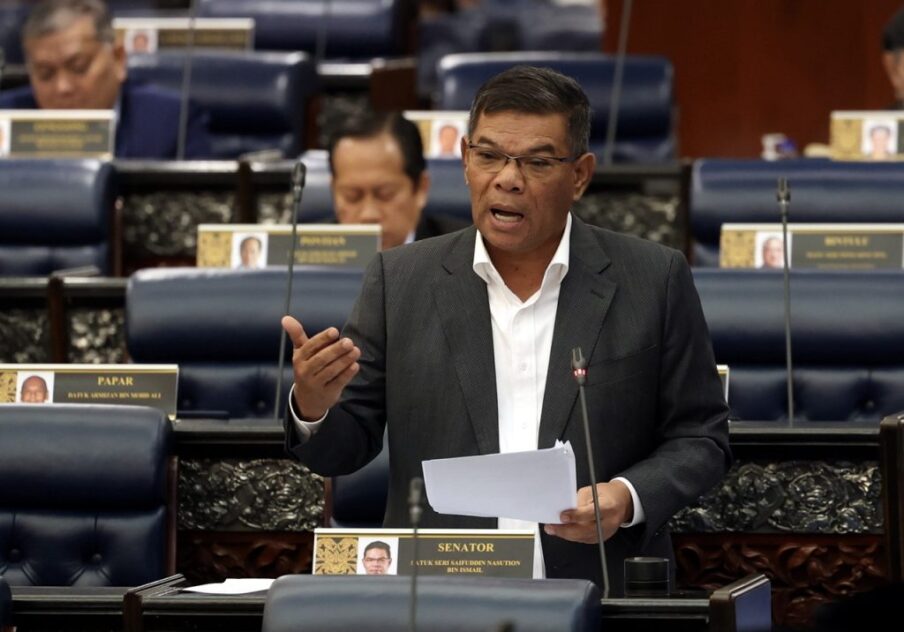THE Federation of Malaysian Manufacturers (FMM) has welcomed the recent announcement by Finance Minister Tengku Datuk Seri Zafrul Tengku Abdul Aziz on the possibility of reinstating the Goods and Services Tax (GST).
This is done by reviewing the weaknesses of the existing Sales and Services Tax (SST) system and improving upon the former GST system implemented in 2015.
“FMM has been a strong supporter of the GST regime as we are of the opinion that the GST is a more transparent and effective tax regime compared to the SST,” commented FMM president Tan Sri Soh Thian Lai.
“Over 160 countries have implemented the GST regime due to its fair tax structure.
“More importantly, prices of Malaysian exports will become more competitive on the global stage as no GST is imposed on exported goods and services, while GST incurred on inputs can be recovered along the supply chain.”
Given the weak domestic and external environments brought about by the COVID-19 pandemic, Soh believed that priority should be given to strengthen the country’s economy and restore more favourable business conditions.
Furthermore, Malaysia’s debt is expected to increase further to hit 66% of gross domestic product (GDP) by the end of 2022, up from 61% in 2021 and 60.7% in 2022.
“This situation is worrying as the debt servicing burden is significant at 17.2% of total projected revenues for the year with no stable inflow but high outflows of Government expenditure due to higher allocation for Budget 2022 stimulus and recovery initiatives to support the country recover from the impact of COVID-19 and the movement control order,” Soh remarked.
Based on a survey conducted by FMM on the reintroduction of GST in May 2020, a total of 499 companies that responded to the survey strongly supported for the GST to replace the current SST 2.0.
FMM has also proposed the following improvements to GST 1.0 to be more consumer- and business-friendly:
- Reduce GST rate to 3% to 4% to boost business conditions which would lead to higher investments and employment opportunities as well as higher disposable income for the rakyat;
- Zero-rate all essential goods and services;
- Maintain GST registration threshold at RM500,000;
- While switching back to the previous automated model under the GST Tax Payers Access Point (TAP) system will not be difficult as GST compliance systems are already in place, companies have asked for a 6 months transition period to change from current SST to GST 2.0;
- Minimise delay in refunds especially for exporters and businesses with zero-rated supplies as the long refund period between six to eight months has rendered the GST into an accumulating tax burden;
- Include the provision of interest on late payments and refunds in the GST legislation to ensure strict compliance to the Client Charter and integrity of the system;
- Create more efficient schemes to replace Approved Trader Scheme (ATS) and Approved Toll Manufacturing Scheme (ATMS) as they are complicated and difficult to implement; and
- Ensure proper mechanism is in place to monitor price control and anti-profiteering in the market when the tax system is reintroduced.
“Change and transition can be a challenge and therefore FMM calls for the Government to consult all stakeholders throughout this review process which is essential to the success of introducing an effective tax regime,” Soh concluded. – Jan 26, 2022









